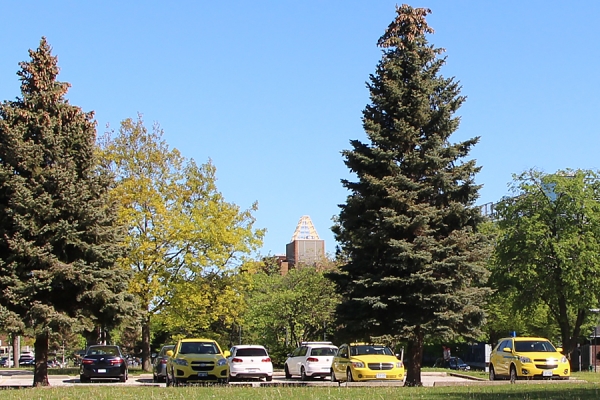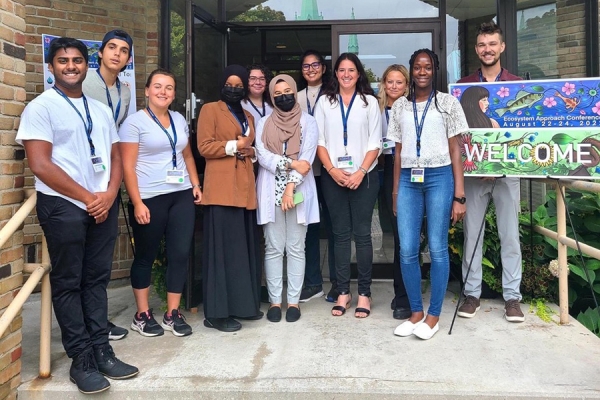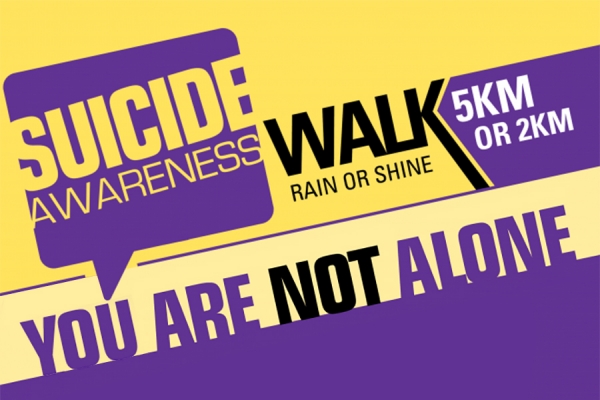The Great Lakes Institute for Environmental Research (GLIER) wrapped up a successful three days of knowledge sharing and networking at the inaugural Ecosystem Approach Conference & Synthesis Workshop.
The ecosystem approach has long served as a collaborative framework for governing, researching, and stewarding the health of the Great Lakes. The event was delayed because of the COVID-19 pandemic, but co-chairs Catherine Febria and John Hartig were able to finally host the event Aug. 22 to 24 as a hybrid effort with more than 120 participants worldwide.
“We held a one-day global conference alongside six simultaneous synthesis workshops that expressly link science, human dimensions, policy and management,” says Dr. Febria, integrative biology professor and researcher with GLIER.
“We’ve been planning since before the pandemic, so I’m thrilled we finally got to pull this off, featuring the University of Windsor as the meeting place.”
Day one featured a global virtual conference with plenary speaker Hugh Possingham, an expert on the science and practice of ecosystem-based management of Australia’s Great Barrier Reef, former chief scientist for the Nature Conservancy, and currently a professor at the University of Queensland and Queensland’s chief scientist.
The following two-days saw scientists, decision-makers, and other conferees meet in person for six synthesis workshops, each unpacking and exploring critical dimensions of the ecosystem approach, including: the history and origin of ecosystem-based approaches, blue economy, technological advances, Indigenous knowledge systems, science-policy solutions, education and knowledge mobilization, and human dimensions.
With nearly $70,000 in sponsorship from agencies and foundations across the Great Lakes, this form of support towards holistic efforts linking science and management is urgent and undeniable, says Febria.
“The health of the Laurentian Great Lakes is a priority for all communities across the region. While there is so much knowledge out there, this effort is bringing key elements together in a unique and impactful way.”
She also acknowledged support from all corners of the University of Windsor: the Office of Research and Innovation Services, Public Affairs and Communications, the Leddy Library, the University Print Shop, Conference Services, and Information Technology Services as well as GLIER, as well as more than a dozen undergraduate and graduate student volunteers who assisted and participated in all aspects of the conference and synthesis workshop discussions.
Other local supporters included the City of Windsor, who hosted an evening celebration at the Ojibway Nature Centre, which saw more than 100 conference attendees, community members, and the public participate in Indigenous-inspired fare, storytelling, art exhibits, and guided paint classes. The Canadian consulate general sponsored a dinner by the river for workshop participants.
Coming next is a series of community workshops across the Great Lakes.
“We are excited about the next phase which will support graduate student research opportunities, and the mobilization of this event into a monograph, dialogue series but most importantly improved decision-making and community connections across the Great Lakes and beyond,” Febria says.
To learn more about the ecosystem approach, read the Winter 2022 issue of Lakes Letter.
 Construction of the new residence on Sunset Ave. south of Wyandotte St. will reduce parking capacity in adjacent lots.
Construction of the new residence on Sunset Ave. south of Wyandotte St. will reduce parking capacity in adjacent lots.





